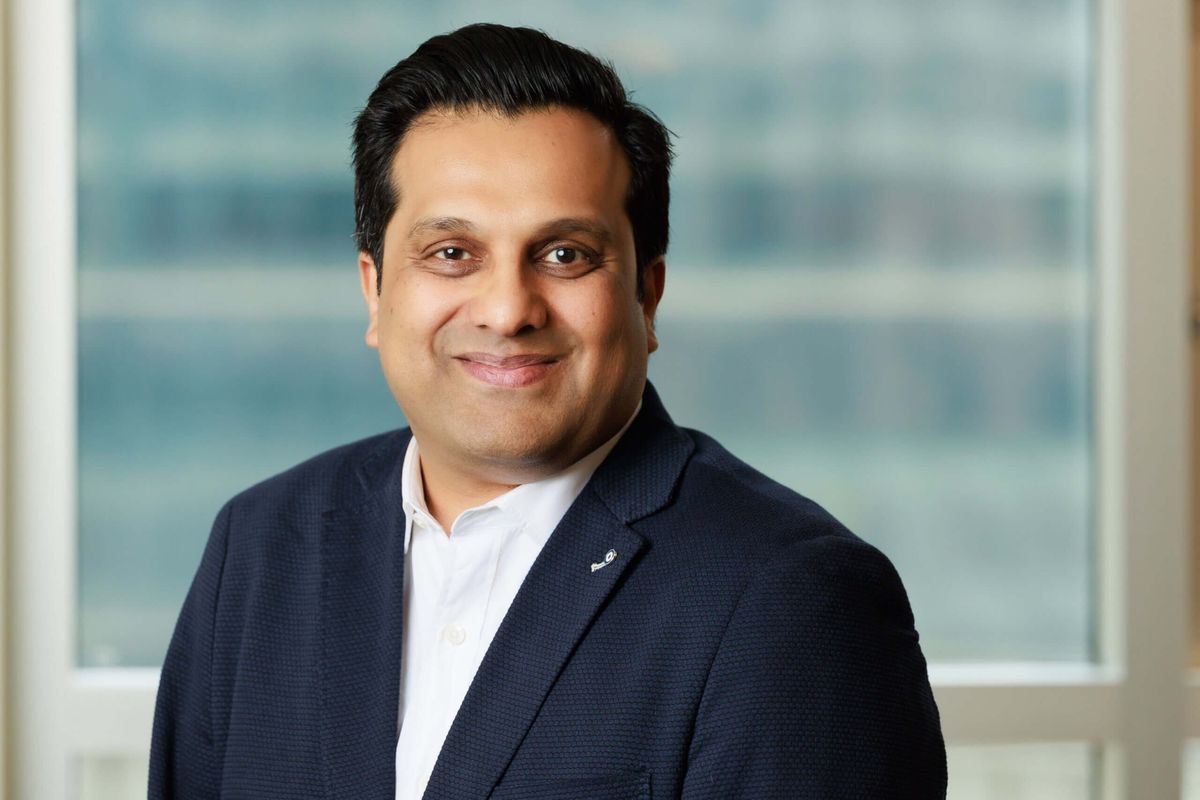Houston CRO expands oncology network with addition of global clinical trial center
strategic partnership
Houston-based Proxima Clinical Research announced this month that it will expand its clinical trial offerings by adding NEXT Oncology to its Early Phase Oncology Network, or EPON.
NEXT Oncology is a Phase I clinical trial treatment center with locations in Austin, Dallas, San Antonio, and Virginia, as well as international locations in Barcelona and Madrid. These centers provide innovative and investigational treatments and therapies to patients with advanced forms of cancers.
The addition of NEXT Oncology's clinics brings Proxima's oncology network up to 14 physical locations and eight clinical practices, Robbin Frnka, executive director of clinical development and strategy at Proxima CRO tells InnovationMap.
“Early phase oncology trials are some of the most delicate and important trials to conduct, both from a science perspective and in offering hope for late-stage patients,” Dr. Anthony Tolcher, CEO and founder of NEXT Oncology, says in a statement. “We proudly designed NEXT Oncology specifically to bring the best new agents to patients through our specially designed centers located around the world. This new relationship with Proxima CRO’s EPON will help us further enhance our mission and contribute to our life’s work of advancing cancer treatments to save more lives from cancer around the world.”
Proxima is a Houston-based contract research organization focused on supporting life science startups as they grow and scale. It was recently named to the the Inc. 5000 regional rankings for the Southwest for its fast-growing revenue.
The company launched its EPON in March to support Phase I and Phase II clinical oncology trials and a group of oncology-specific scientific experts. The Mary Crowley Cancer Research, a specialized clinical research center in Dallas, was one of the first to join the network.
"Finding the right clinical sites and investigators with the right patients is one of the biggest struggles of early phase clinical trials," Frnka says in a March statement. "Our Early Phase Oncology Network, which we're calling EPON, includes some of the most prominent investigators in early phase trials. Receiving expert feedback, insight, and guidance from this skilled scientific panel is critical to the success of these earliest phase trials."
In addition to work in the cancer field, Proxima also launched its M1 MedTech accelerator last year aimed at helping startups quickly grow their health tech businesses. Its inaugural cohort included startups with new tech and treatments for heart arrhythmias, ultrasounds, bioelectric implants in the body and more.
The company also recently expanded its footprint within the Texas Medical Center Innovation Factory.
InnovationMap spoke with Proxima CEO and Co-founder Kevin Coker on the Houston Innovators Podcast.







